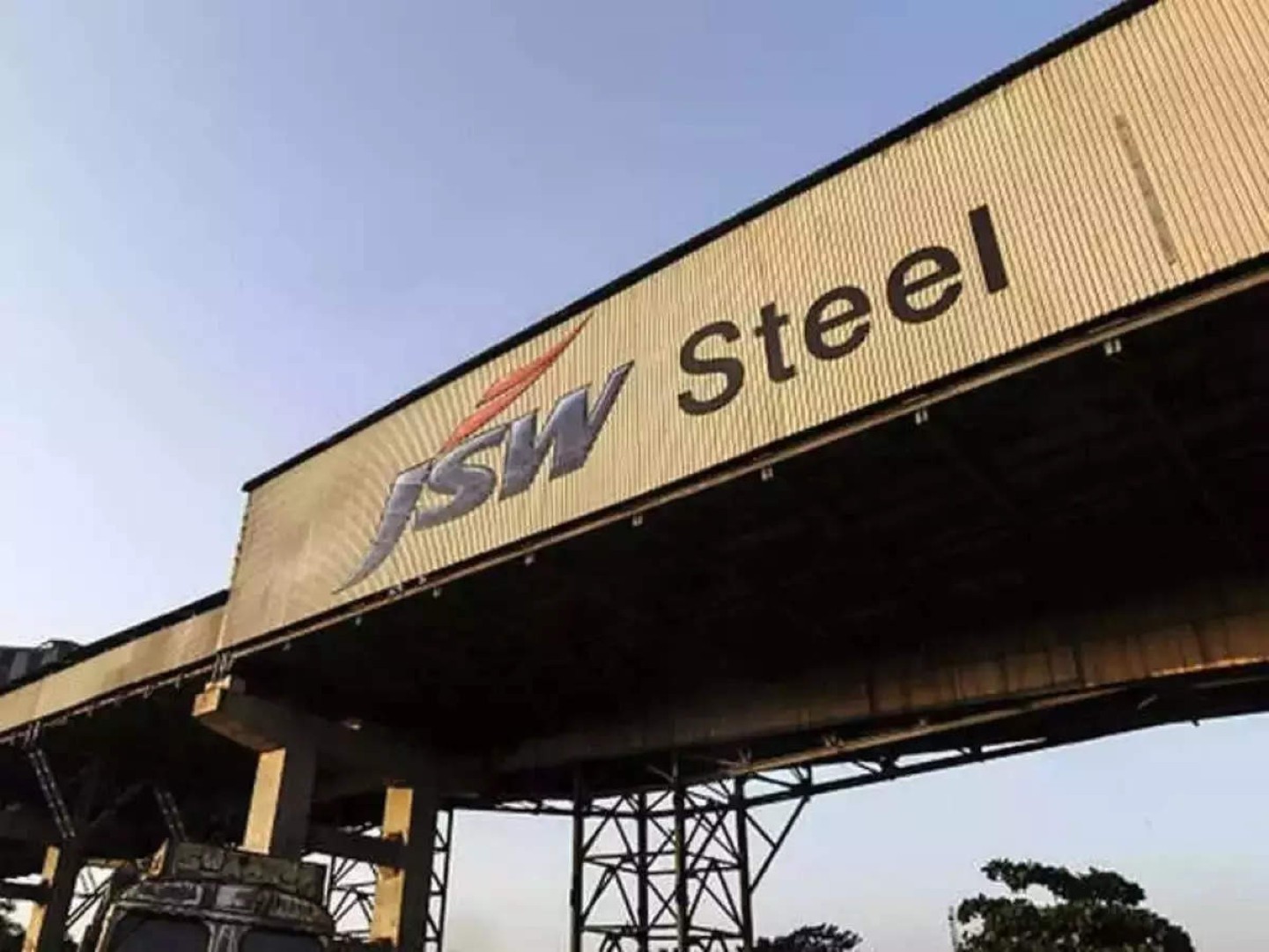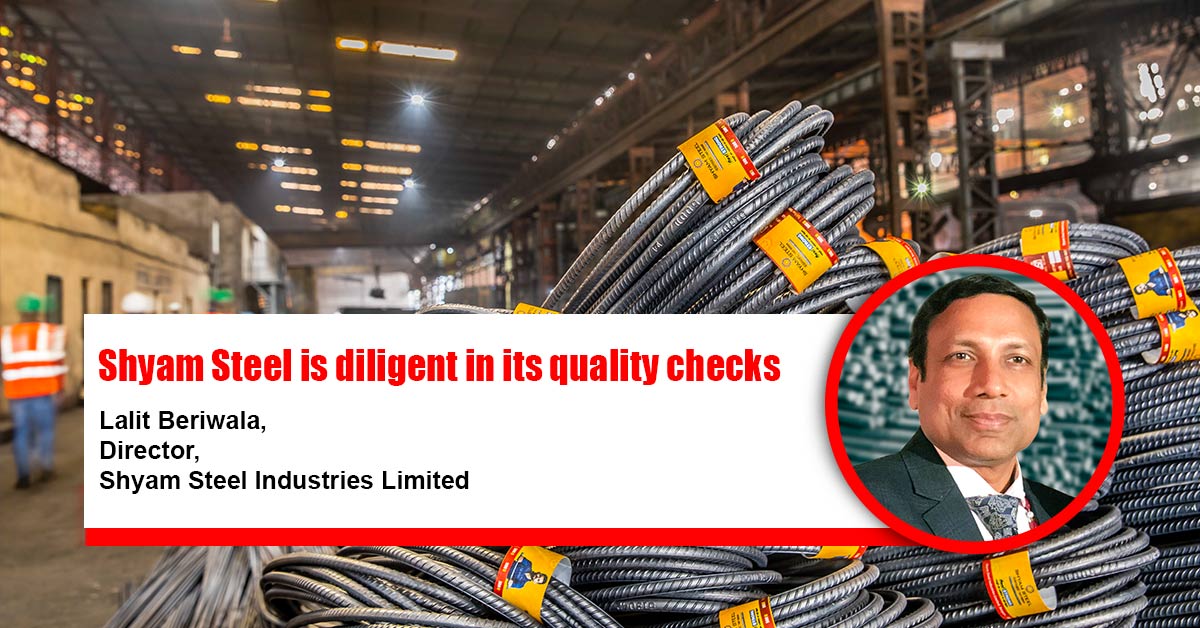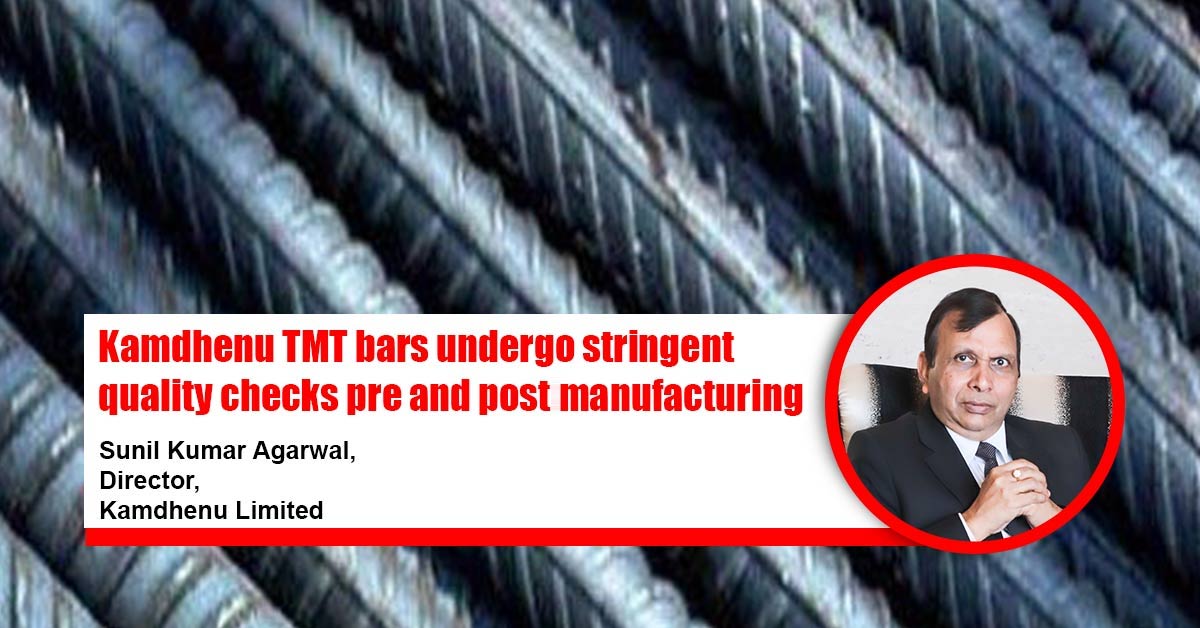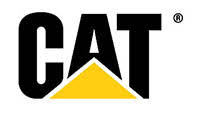Steel: A robust and recyclable construction material
By Edit Team | September 10, 2020 7:13 am SHARE
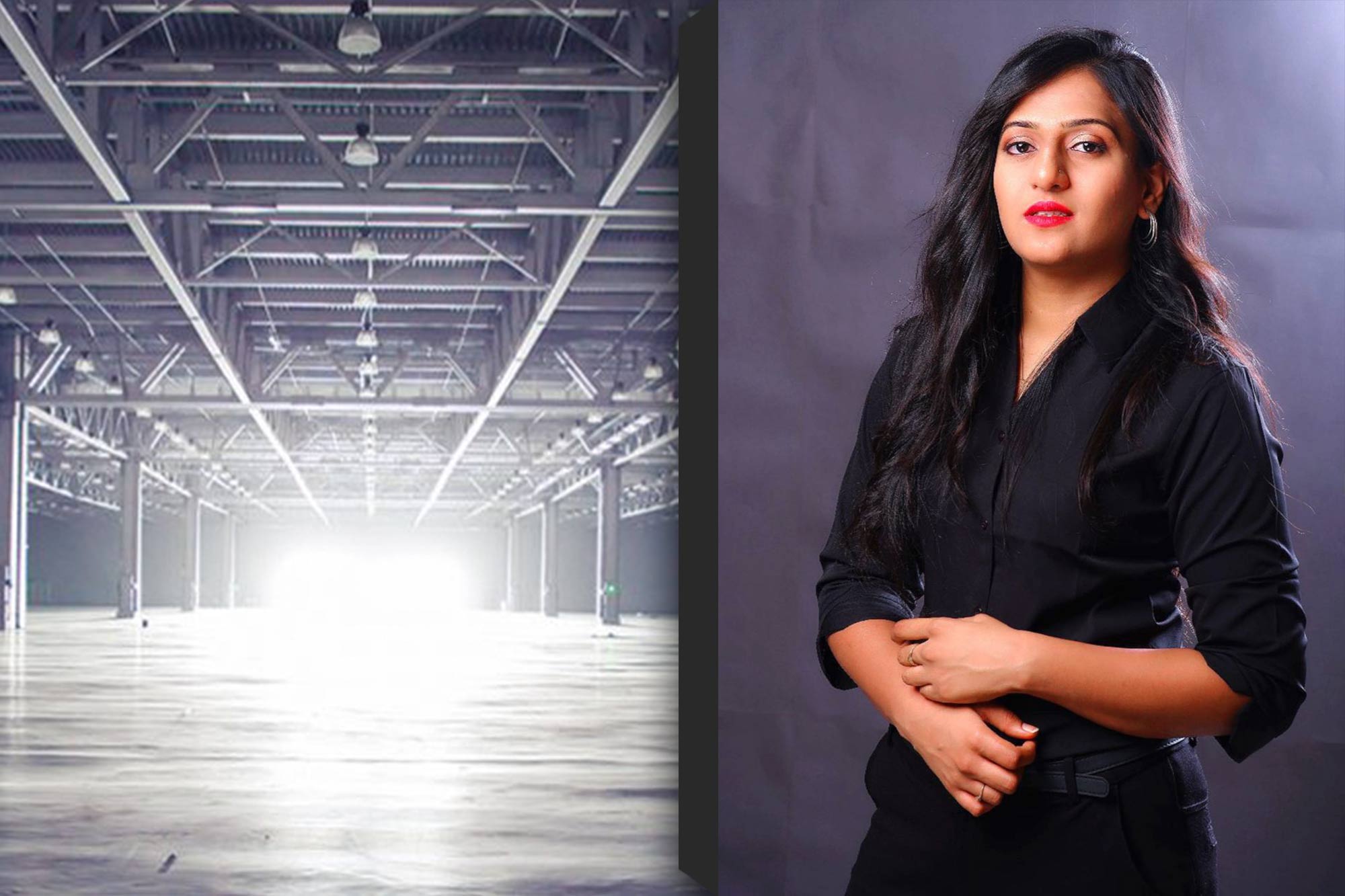
Steel is a unique building material investment that is never wasted. Steel is a great collaborator, working together with all other materials to advance growth and development. Steel is the foundation of the last 100 years of progress and it will be equally fundamental to meeting the challenges of the future.
The steel industry does not compromise on environmental responsibility. Steel is the world’s most recycled material and is 100 per cent recyclable. We have improved steel production technology to the point where only the limits of science confine our ability to improve. We need a new approach to push these boundaries. As the world looks for solutions to its environmental challenges, all of these depend on steel. Steel is the material of choice because of its availability, strength, versatility, ductility and recyclability.
Many structures were built using steel in the 20th century and they are still stable to this date. Steel is a durable and safe building material that is not easily susceptible to rot, termites or mold. Steel in framing will last hundreds, if not thousands of years due to its natural element of zinc coating. It is the most recycled material in the world and since it is truly recycled, the material can never be “consumed” only used. Construction is the largest market for steel products; it is widely used in developing countries.
Here are the various benefits of steel and they are as follows:
Strength:
Steel is one of the most durable materials for construction. With the highest strength to weight ratio, steel is a guaranteed way to maintain the integrity of your structure. Also, steel is much slower to deteriorate than any other material, which also works to ensure the quality of your building. Fire safety: Steel is fire-resistant, so it won’t completely stop blaze but it will deter it long enough to minimize damage before help can come. This is extremely beneficial when building a structure that is located in an area that may be susceptible to fire hazards.
Maintenance:
Steel is a low maintenance material, which saves time and money. When building with a material that doesn’t degrade quickly or become damaged easily, your building will remain structurally sound longer than competitive materials. Steel exterior also works wonders to keep the inside of the building safe. Because of the expert material, your interior can be protected from annoyances such as pests, mold, mildew and rot.
Design:
Steel buildings are designed to be easy to assemble and disassemble, ensuring big environmental savings. The designs are pre-engineered with the industry standard sophisticated design and detailing softwares such as SAP, Losake, CFS, Tekla, STAD-Pro, MBS, AutoCAD, and so on as per the latest international building and design codes including IBC, AISC, AWS, MBMA and AISI and by rigorously employing these codes. We are able to optimise the production process to create higher quality, longer lasting and safer building in the industry.
Cost:
In the steel business, weight equals money. We use the best of solutions for maximum optimization with best strength. It takes more than just steel to construct a building. Other uses: Steel bridges are four to eight times lighter than those built from concrete. The economic outlook of the steel industry: India is one of the few bright spots for the world’s steel industry in what is predicted to be a lower growth era. India has become the second-largest steel producer in the world, overtaking Japan, with a growth rate of 4.9 per cent. According to the short-term projections given by Worldsteel, India is also expected to become the world number two in steel consumption by the end of 2019.
Factors for driving steel demand in India:
A study conducted by Worldsteel in collaboration with the Indian Steel Association notes that the construction sector is going to be a pan-India driver of steel demand in the country. This would be driven by strong government thrust for infrastructure development and housing for all. Government initiatives such as ‘Smart Cities’ and ‘Affordable Housing’ as well as the building of industrial corridors will boost India’s steel demand definitively.
For the country, it means enhanced connectivity, reduced logistical costs and well-distributed development spanning all Indian states. Further support to the development of the steel industry is expected to come through the ‘Make in India’ initiative, which aims to transform India into a global design and manufacturing hub, with sectors along the industrial and freight corridors. To that end, several Indian states are expected to set up automotive and ancillary industries to become global hubs for manufacturing export-oriented small cars. All these factors, along with favourable demographics, point to a high scope for improved macroeconomic fundamentals and sustained growth in steel demand soon. Steel demand is expected to grow by 7.3 per cent in India. Even so, the apparent per capita steel consumption in India for finished steel which is 68 kg was much below the world average of 212.3 kg. This suggests that the steel demand in India remains largely untapped as of now.
Challenges ahead: To unleash the demand-led growth of the steel industry in India, the government is pushing through extensive reforms to strengthen infrastructure to enhance productivity. It would be intriguing to see how effectively India implements its reform agenda and infrastructure plans to pave the way for optimal growth and expansion of the steel industry. In parallel with this, there are certain international trends such as the looming trade wars and economic slowdown which are going to test the mettle of the Indian steel industry.
Amidst this backdrop, there have been some concerns as the government is inching closer to signing the Regional Comprehensive Economic Partnership (RCEP) deal which would clear the way for duty-free steel imports. It is worth noting here that the cost of steel production in India is higher compared to other countries by about US$40 a tonne because of creaking infrastructure, high taxes and expensive cost of capital.
In consideration of this, the Indian steel industry has urged its government to provide an export incentive of equal value to put both the domestic and global companies on an equal footing before opening up the steel markets for global competitors.
Choosing steel for construction – Best and Sustainable way:
Structural steel is the number one choice for all engineers, designers, architects, and fabricators. The innumerable benefits of structural steel are enough to make it one of the best materials used in the construction industry. In most constructions, mild steel is used. It has immense strength, which makes it an ideal choice for constructing buildings. Apart from that structural steel is tensile, ductile, flexible, and cost-effective.
Metal Fabricators across the world prefer using structural steel for construction. It is widely used to build the following structures.
High-rise buildings: Structural steel is resistant to external forces such as wind and earthquakes. It is a flexible metal, so in the case of a storm or an earthquake, the steel component in the building will not break but bend. Industrial sheds: Another benefit of structural steel is that it is cost-effective. With the availability of ready-made steel sections, structural frameworks can be erected in no time. Moreover, a lot of work can be pre-done in the industrial site, thereby saving time and money.
Residential buildings: As mentioned above, these buildings have to stand the test of time. They should be able to withstand external forces such as wind, earthquakes, and storms. The plasticity and flexibility of structural steel make it suitable for the construction of residential buildings. A technique called light gauge steel construction is used to build residential buildings.
Bridges: Steel has a high strength to weight ratio, which means, steel is a tensile metal. It is durable and can withstand the weight of a fleet of cars and people. These qualities enable engineers, designers, and fabricators to build large, monumental bridges that can stand the test of time.
Parking garages: Structural steel is useful to build parking garages for the same reasons as mentioned above. But another quality that makes it distinctly suitable in construction is that it is lightweight. This makes it easier to construct structures.
Steel tends to lose its strength when exposed to intense heat; it is for this purpose that steel structures are now covered with materials to make them fire-resistant. There are other materials which are coated on these structures which make them corrosion, mold, and vermin resistant.
For more details, contact:
Shruti Gat,
Founder CEO,
RECLA International Pvt Ltd
Cookie Consent
We use cookies to personalize your experience. By continuing to visit this website you agree to our Terms & Conditions, Privacy Policy and Cookie Policy.


